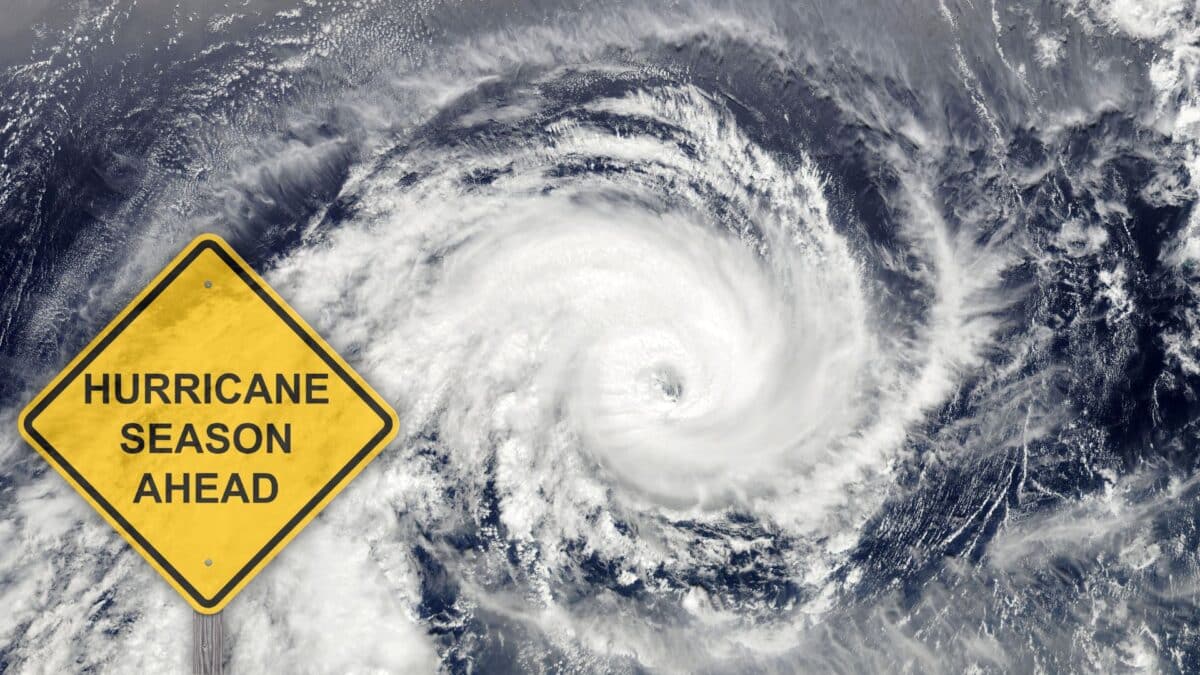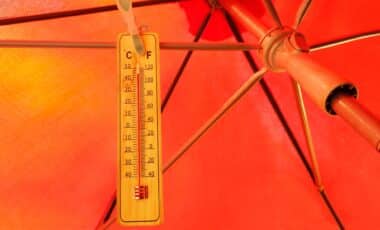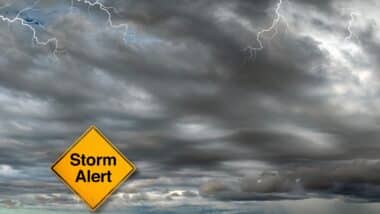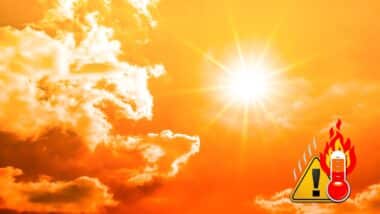As hurricane season approaches, many in the U.S. are bracing for the unpredictable storms that typically affect coastal areas. However, for one Miami-based weatherman, this year’s forecast comes with a grave warning that has caused widespread concern.
John Morales, a meteorologist with NBC affiliate WTVJ, delivered a chilling message during a live broadcast, expressing his deep worries over the current state of meteorological forecasting due to government cuts. His urgent plea has sparked a wider conversation about the state of the nation’s weather monitoring and the potential risks for the upcoming hurricane season.
On June 1, Morales appeared on-air to address the audience about the potential dangers posed by the upcoming hurricane season. He highlighted the issues facing meteorologists due to funding cuts and what this means for the reliability of weather forecasts.
His emotional appeal caught many viewers off guard, as the seasoned weather expert—who has spent over three decades providing forecasts to the people of South Florida—admitted that he could no longer offer the same level of certainty about storm predictions as he had in previous years.
Cuts to Meteorological Infrastructure
Morales’ warning was rooted in a concerning trend: cuts to key agencies responsible for weather monitoring and forecasting. According to Morales, both the National Oceanic and Atmospheric Administration (NOAA) and the National Weather Service (NWS) have faced significant reductions in resources and staffing. Specifically, there has been a 20% reduction in the number of weather balloons launched to collect atmospheric data, a key component in predicting hurricane movements and intensities.
These reductions have left meteorologists with fewer tools to provide accurate forecasts, a situation made even worse by broader federal budget cuts affecting weather-related agencies, including FEMA.
With fewer meteorological resources, storm trajectory models have become less reliable, putting residents in hurricane-prone areas at greater risk. Morales expressed concern that without these crucial resources, forecasting will be degraded, leaving many vulnerable during the hurricane season.
Impact on Forecasting Accuracy
Morales stressed that this year, he could not provide the usual confidence when discussing the path of hurricanes. In years past, he recalled being able to confidently assure viewers that storms would change course or move away from land. This year, however, due to the weakened forecasting capabilities, he was uncertain about the accuracy of such predictions. His admission that “I’m not sure I can do that this year” reflects the growing anxiety among meteorologists and weather experts as they face mounting challenges in providing precise and timely forecasts.
While the prediction for the 2023 hurricane season is expected to be “above-average,” the degraded forecasting abilities could lead to an increased risk for coastal residents. A less reliable forecast means that evacuations, emergency preparations, and other safety measures may not be as timely or effective as they should be, which could result in a greater number of people being caught off guard during severe weather events.
The Broader Implications for Public Safety
Morales’ message is not just about meteorological science—it also has serious implications for public safety. Weather warnings, evacuation orders, and other critical communications rely on accurate and timely data. Without dependable forecasting, residents in vulnerable areas may find themselves unprepared for the full impact of an approaching storm. As NOAA, NWS, and FEMA face continued disarray, the ability to respond swiftly and efficiently to major weather events is being severely hindered.
As experts continue to stress the importance of early warnings and accurate weather modeling, the cuts to federal weather agencies are only amplifying the risks. The lack of reliable data leaves emergency managers with less information to guide decisions, putting at risk not only the immediate safety of those in affected areas but also the long-term recovery efforts that follow a storm.
Preparing for the Unknown
Given the challenges posed by this year’s hurricane season, experts are urging residents in hurricane-prone areas to take extra precautions. Accuweather has already predicted a particularly active hurricane season, with potential for intense storms. In light of these predictions, experts are recommending that people prepare “go bags” and emergency kits ahead of time, ensuring that they are ready to act quickly if the situation worsens.
Moreover, with less certainty in forecasting, residents are encouraged to stay informed through a variety of sources. Local authorities, emergency management agencies, and private weather services may be able to provide critical updates during hurricane events. Having multiple ways to receive information and being prepared for unexpected storm shifts will be key to ensuring safety in the face of an uncertain season.









